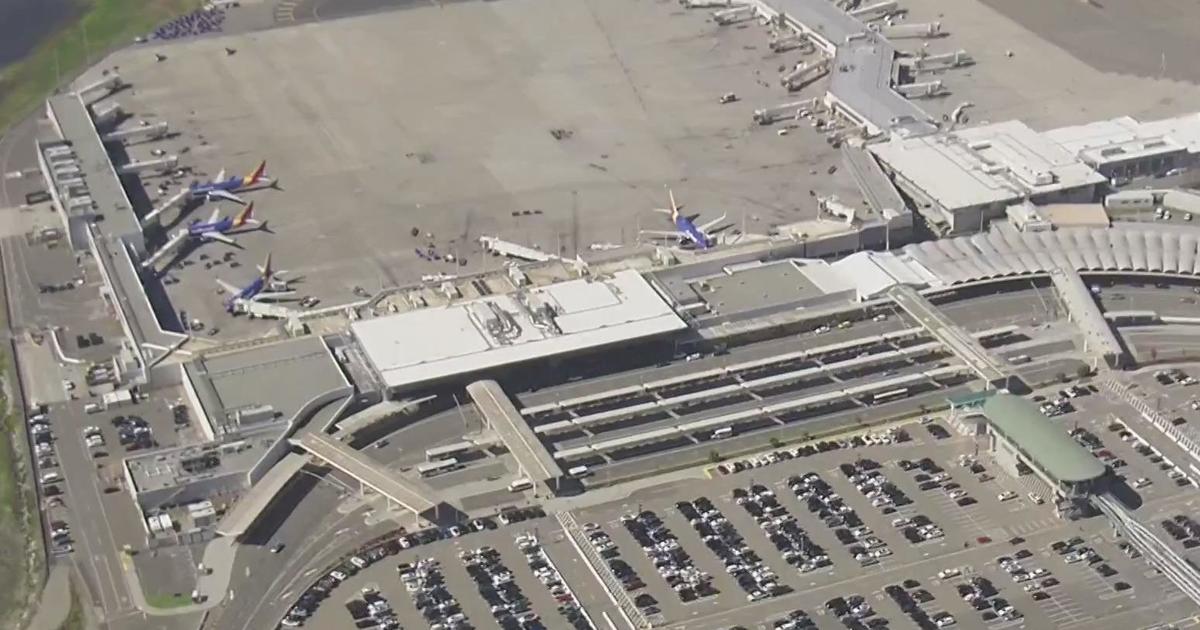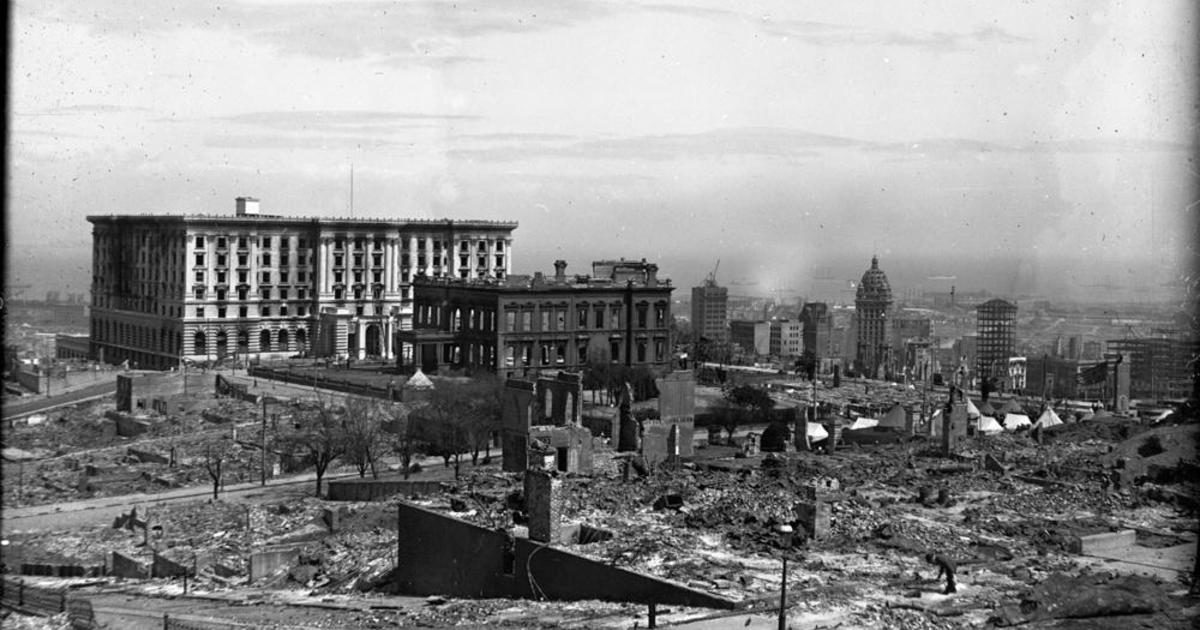Hawaii Homeless Say Honolulu Policy Lacks 'Aloha Spirit'
HONOLULU (CBS SF) -- Three years ago, the homeless problem at Hawaii's famous Waikiki Beach had reached a breaking point. But the city introduced a strict program that moved transients away from areas popular with tourists.
Driven out of Waikiki by a wave of new laws, Raenell Preston now calls a small corner outside of town her home. She's been living on the streets for years.
She is just one of thousands forced into a migrant life after Honolulu officials stopped allowing people to sit or lie on sidewalks or sleep overnight in the city's parks.
She said all she wants is a little compassion.
"What I want is for someone to hear us and help us," said Preston. "Not judge us because we're addicts or criminals. But hear us as human beings with feelings."
Preston said the worst part is the regular sweeps that break down homeless camps.
"They cannot replace the things they took from me: my dad's pendant with his ashes, my jewelry, my clothes. my bags," said Preston. "Nothing."
Honolulu Mayor Kirk Caldwell explained that these extreme measures needed to be enacted in order to protect the backbone of Hawaii's economy: tourism. The tourism industry brings in $15 billion a year to the Hawaiian economy.
"We are the Aloha State for our residents and for our visitors, but I don't want to be the Aloha State for our homeless. I want our homeless to feel the tough love and to seek shelter," asserted the mayor.
Caldwell acknowledges that forcing the homeless to move may not be ideal for them, but he argues that the displacement will force the homeless to seek both help and shelter.
"We call it 'Compassionate Disruption.' And yes, we're disruptive," Caldwell said.
When the initial laws were passed in Waikiki, many of the homeless ended up in an area called Kakaako about two miles away. The tent city grew so large, it became a public health concern.
Homeless sweeps have become a regular practice in the area, where city crews come by and force the homeless to keep moving along. Daniel Gluck, the legal director of the ACLU Hawaii says the new hard line stance punishes the poor and is only a cosmetic solution to an ugly problem.
"It's heartbreaking and it just pushes people further and further into poverty. It's a crime to be homeless in Hawaii," said Gluck.
He filed a lawsuit after the initial sweep, getting a court order requiring the city to give notice 24 hours before and then storing whatever they take for 45 days. Gluck is doing all he can to defend Hawaii's homeless community, and he wants to put an end to the countless dollars put towards moving the homeless,
"Our bigger concern is that they keep spending money on a very ineffective program," explained Gluck. "The city is spending upwards of $740,000 a year just to shuffle people from place to place."
Mayor Caldwell said the regular sweeps have kept the large homeless camps from re-forming. The once heavily populated homeless camps have been reduced to a fraction of what they once were.
The homeless are definitely less visible. Now, you can only find them outside of Waikiki in small pockets, like where Raenell Preston lives.
She only has one question for the mayor: "Where's the Aloha? There is no aloha only pass judgement, criticize and get them off the streets that's their attitude. It's not tough love. Love is patience. Love is kind. Love is genuine. Love is understanding. Love is above all. This isn't love."



